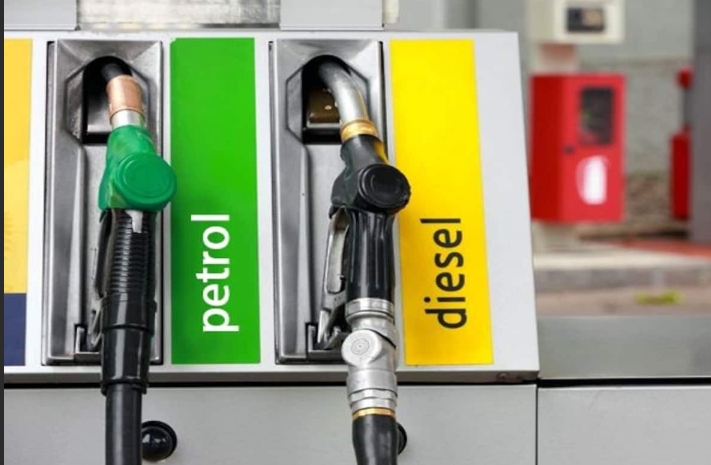Fuel prices in Pakistan have always been a topic of significant interest for the public, especially as changes in rates directly affect the daily lives of consumers. The federal government is set to announce a price hike for two major fuels—MS (motor spirit) petrol and High-Speed Diesel (HSD)—on Sunday, December 15, 2024.
Factors Affecting Fuel Prices in Pakistan
Exchange Rates and Their Impact
One of the most significant factors influencing fuel prices in Pakistan is the exchange rate of the Pakistani rupee against the US dollar. In recent weeks, the Pakistani rupee has remained stable at the 277-278 level, which has helped stabilize fuel prices to some extent. However, any sudden changes in the exchange rate can have a direct impact on the cost of importing crude oil, which in turn affects the retail price of petrol and diesel.
The federal government plays a significant role in determining fuel prices in Pakistan. Through the Oil and Gas Regulatory Authority (OGRA), the government adjusts prices based on factors like global oil market trends, exchange rates, and local transportation costs
The price of both petrol and diesel has been increased several times over the past few months, with the most recent hike taking place in the previous fortnight. These price hikes have led to increased costs for consumers and businesses alike, especially in transportation sectors that rely on fuel for operations.
A Rs. 0.81 per liter increase in petrol prices may not seem like much at first glance, but for daily commuters who rely on petrol for their vehicles, the cumulative cost of fuel can add up quickly. With transportation costs already rising.
The price increase in diesel, which is expected to rise by Rs. 3.9 per liter, will have a more noticeable impact on businesses, particularly those in the transportation and logistics sectors. Higher diesel prices translate to increased freight costs, which can ultimately.
Oil Market Trends and Global Price Fluctuations
Global oil prices are influenced by a variety of factors, including geopolitical tensions, natural disasters, and supply and demand dynamics. Any shifts in these factors can lead to changes in the price of crude oil, which ultimately affects fuel prices in countries like Pakistan.
Pakistan imports a significant portion of its crude oil and refined petroleum products. As a result, fluctuations in global oil prices have a direct impact on domestic fuel pricing. The government, therefore, must carefully monitor international markets to make timely adjustments to fuel price.


